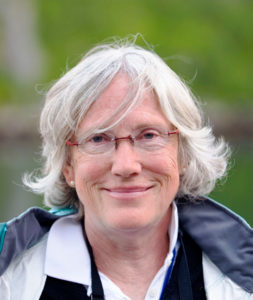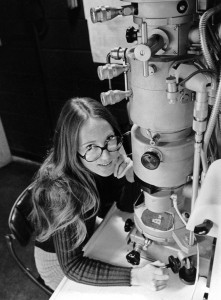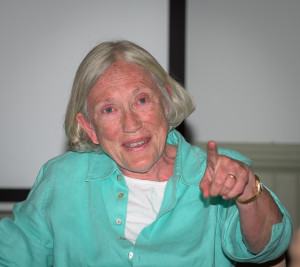The National Academies of Sciences, Engineering and Medicine have just published a Consensus Study Report, titled: The Next Generation of Biomedical and Behavioral Sciences Researches: Breaking Through. Dr. Story Landis was a member of the Committee writing the report. Her leadership in mentoring and in science policy was essential to the report, and she has made another major contribution to the continued success of neuroscience research.
Category Archives: Mentoring
Landis Award for Outstanding Mentorship
Dr. Story Landis has served as an informed, supportive and effective mentor throughout her career. The National Institutes of Health has recognized and celebrated this with a new award, named after Dr. Landis. The program announcement reads in part: “An extraordinary individual mentor, Dr. Landis generously provided her time and energy to support countless scientific investigators as they navigated the professional landscape of biomedical research.”
https://www.ninds.nih.gov/Funding/About-Funding/landis-award-for-outstanding-mentorship
Encouraging the scientists to come
Dr. Story Landis visited the Biddeford campus of the University of New England on March 10, 2016, and presented a talk about preparing for a future of scientific research. She was especially effective in this setting because she, too, had undertaken research training as an undergraduate, and understood the complexities of the endeavor. Students and faculty attending the events benefited from her extraordinary range of experience and her success despite an array of obstacles.
Thomas Sargent Reese and NIH intramural science
In July, 2015, Story participated in a celebration of the life and scientific contributions of Thomas Reese, who has been in the intramural program at NINDS for many years. During much of that tenure, Tom worked with collaborators and students at the Marine Biological Laboratories at Woods Hole, Massachusetts.
Story pointed out that his successes were a vindication of the design of intramural research programs. He had undertaken projects with an uncertain future, had devised and exploited novel techniques, and had worked with collaborators across a broad range of disciplines. By supporting his roles in the Neurobiology course at Woods Hole, the NIH intramural program also achieved a remarkably important addition to the training of many talented young investigators.
Institute of Medicine workshop on training future neuroscientists
The Forum on Neuroscience and Nervous System Disorders of the Institute of Medicine conducted a 2-day workshop that addressed “Defining the Expertise Needed for the 21st Century Neuroscience Workforce”. In the Opening Remarks of the workshop, Story Landis spoke on “Challenges for the Next Generation of Scientists.” In her roles at the NIH, Dr. Landis had devised and implemented a variety of tools to accelerate the training and scientific maturation of basic and clinical neuroscience investigators. Preparation for translational studies, for the new tools of “big data” analysis, and for multi-disciplinary investigations will have to embrace new and varied patterns of education and early study.
Academic Advancement for Women in American Neurology
Story Landis was the featured speaker at the Women of the ANA luncheon during the annual meeting of the American Neurological Association. She addressed the persistent, disproportionate paucity of women in senior academic positions, and how to improve the situation. In a novel and thought-provoking address, she discussed her academic positions, beginning with her service as Director of NINDS, and the preparation and accomplishments that led to each promotion.


